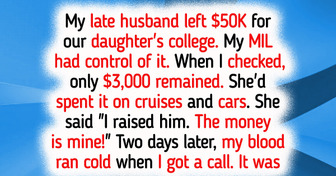It sounds like manipulation from her, right off the bat. And working from home is WORK. Why people don’t get that is because… they don’t do it. You can’t do both. What she needs is full time care. That is what retirement facilities do. Or in home care. The family that is “volunteering” your services are just as capable as a group to send all this help her way, lots of hands in the mix to help. Your history with her is a wedge that can’t be ignored. That kind of resentment is toxic, of course.
I Refuse to Help My Grandmother Who Needs Daily Care—I’m Not a Family Backup Plan
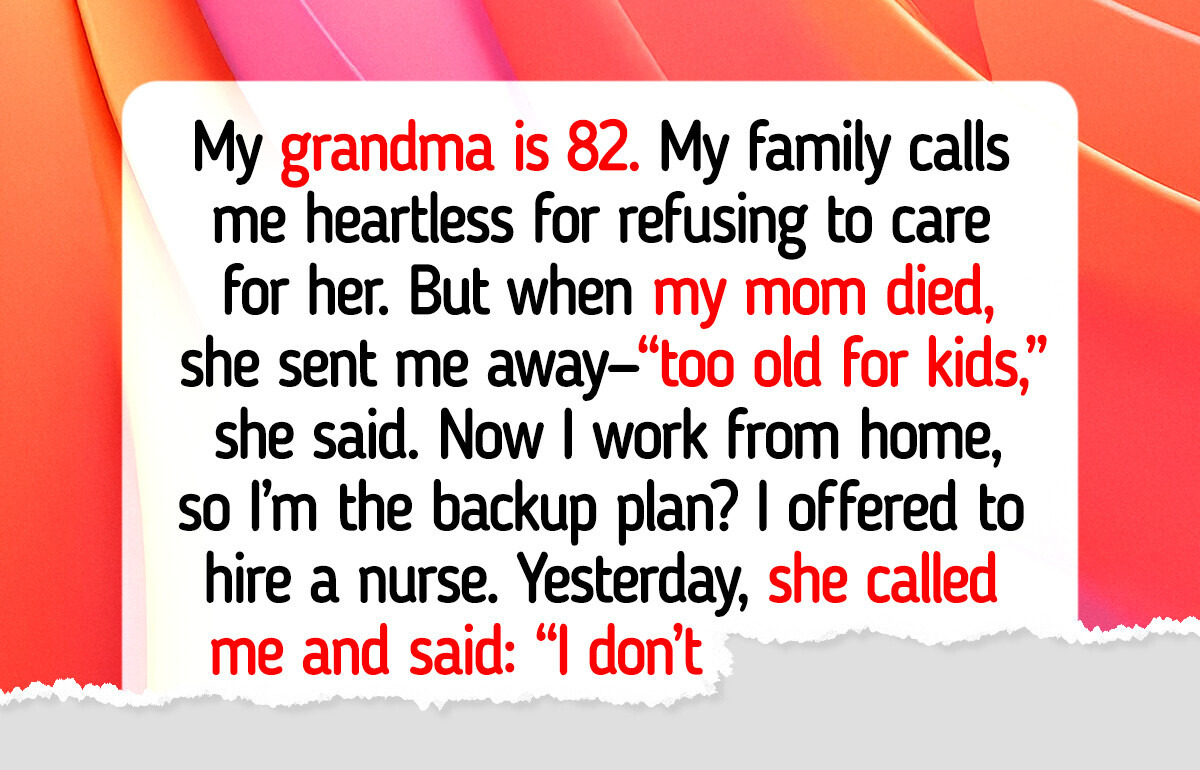
This letter comes from one of our readers, and it carries the kind of pain that silence no longer protects.
She’s being called selfish by her entire family because she refuses to surrender her life. Her grandmother is 82 and needs daily care, and everyone has decided she’s the one who must do it.
The letter:
Hi!
I’m being called selfish by my entire family because I refuse to become my grandmother’s full-time caregiver. She’s 82, needs daily assistance, and everyone assumes I should do it because I’m single and work from home. But here’s what they ignore—this same grandmother refused to raise me when my mom died. She said “I’m too old for children” and sent me to relatives. Now, suddenly, I’m the “only one she trusts.”
I offered to help pay for a nurse, but they want me to move in, cook, clean, bathe her—basically give up my life. They say I’ll regret it when she’s gone. Maybe I will. But where was her regret when I needed her?
I’m tired of being everyone’s backup plan.
If that makes me the villain, so be it.
Yesterday, she called me herself. I expected manipulation. Instead, she said:
“I don’t want you here. I want your forgiveness.”
I didn’t know what to say.
Now I don’t know if I’m walking away... or finally going back.
Ann
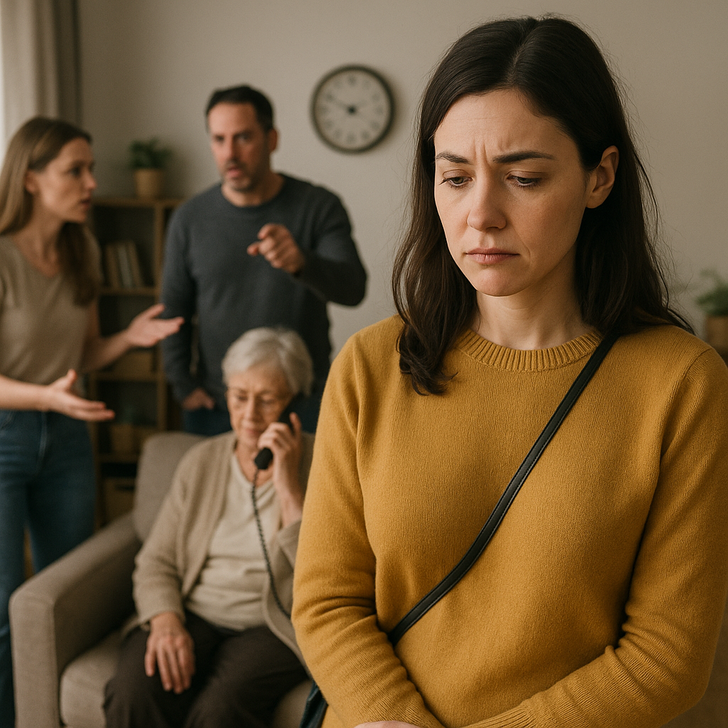
Becoming a FULL TIME CAREGIVER for a family member is daunting, to say the least. It's a good thing, for you, that she says she wants forgiveness. It may be a ploy however, to get you to care for her. As far as the OTHER PEOPLE YOU SHARE BLOOD WITH, they're only trying to play on any sympathy you may have, because they DAMN SURE don't want to do it. I think that if you can help in any way it might be good for you and your Gma. DO NOT GIVE UP YOUR OWN LIFE though. If you give an inch, your "FAMILY" will take a THOUSAND MILES, and you will be stuck. Just because she is 82, doesn't mean that she wouldn't live another 15 years or more. You can be kind WITHOUT being a PATSY.
Caring for aging relatives who didn’t care about you.
Many readers, like Ann, carry the same silent question:
“How do I care for someone who never cared for me?”
They aren’t cold-hearted. They are wounded. They want to do the right thing, but every request for help reopens an old scar.
⚖️ You are not a bad child for struggling
Children raised by emotionally abusive, distant, or narcissistic parents grow up learning not to need anyone. They were taught to be strong, silent, self-sufficient. Now, those same family members expect unconditional caregiving in return.
But care without healing can reopen trauma. It’s not selfish to hesitate—it’s human.
💡 Psychological paths to make peace with the choice
1️⃣ Therapy helps you untangle guilt from obligation
Talking to a professional can help you decide if involvement will heal you—or harm you further. Therapy doesn’t force reconciliation; it helps you choose safely.
2️⃣ You can ensure safety without sacrificing yourself
Care doesn’t always mean personal, hands-on support. Paying for a nurse, hiring care services, or appointing legal guardianship are valid, compassionate choices.
3️⃣ You’re allowed to choose distance
If contact with a parent brings emotional harm, distance is not cruelty—it’s protection. There are ways to guarantee their care without losing yourself.
4️⃣ Understanding is not excusing
Many abusive parents came from abuse themselves. Recognizing that may bring understanding—but it doesn’t erase what happened. Forgiveness is optional, not mandatory.
Childhood emotional neglect: the wound we don’t see, but always feel
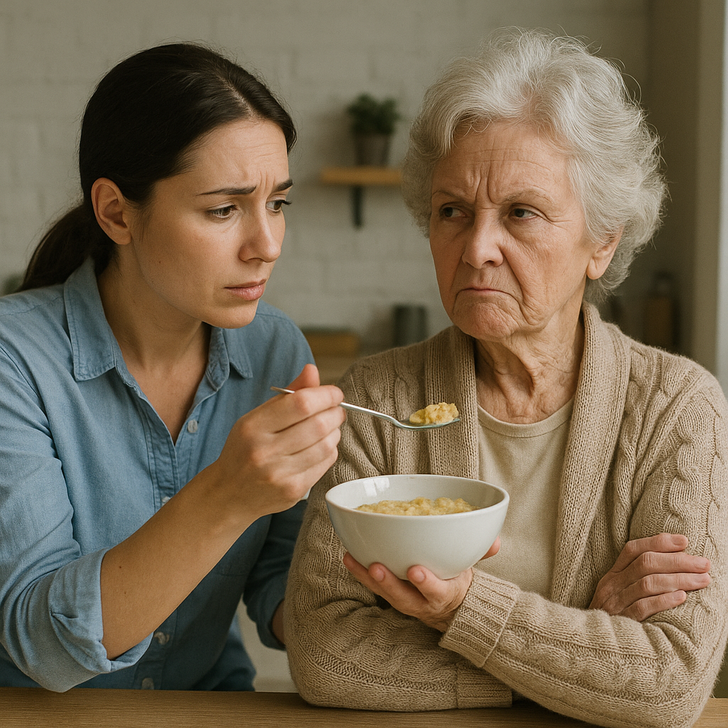
Offer forgiveness when (if) you're ready but never forget how she treated you. You already have a full time job. Offering to hire a home nurse or aid etc was generous. If she declines that's up to her to figure out how to get whatever help she needs. Self preservation must be your first priority. If your family insists on bullying you, block them. They're adults and can help.
Childhood emotional neglect (CEN) happens not when something bad is done to a child, but when something necessary is missing—care, comfort, validation. It’s often unintentional. Many parents who emotionally neglect their children still put food on the table, send them to school, and believe they are doing their best. But they overlook the most crucial need of all: to be seen and emotionally heard.
Unlike physical abuse, emotional neglect is quiet. There are no bruises, no shouting. Just a child silently learning that their feelings don’t matter.
How emotional neglect happens
A parent says “Stop crying, it’s nothing.”
A child seeks comfort and gets “You’re being dramatic.”
A teenager is told, “Others have it worse. Be grateful.”
Parents may not mean harm—they may have grown up the same way. But the message is passed down: “Your feelings aren’t important.”
Hidden consequences in adulthood
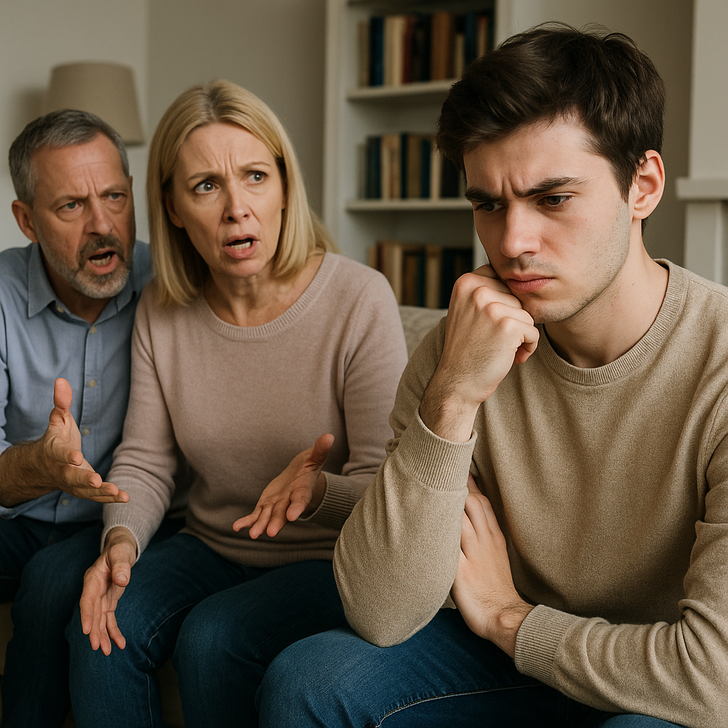
Research shows CEN can lead to:
- Chronic guilt and difficulty saying no
- Perfectionism, trying to earn love through achievement
- Emotional numbness, feeling empty but not knowing why
- Fear of needing others, believing support must be earned
- Low self-worth, rooted in never feeling truly chosen
Adults who survived CEN often don’t see themselves as traumatized. They just feel tired, disconnected, or “never enough.”
🔁 Why the cycle repeats
Many emotionally neglectful parents were neglected themselves. They don’t know how to respond to emotions—not because they don’t care, but because no one ever responded to theirs.
❤️ Healing begins with one realization
You weren’t “too sensitive.”
You were unseen.
And learning to validate your own feelings is not selfish—it’s the first step to ending a generational silence.
You do not owe your life to someone just because they gave you life.
Kindness is powerful—but so is a boundary.
If you choose care, let it be strength, not sacrifice.
If you choose distance, let it be healing, not hate.
15 Times a Simple Act of Kindness Spoke Louder Than a Thousand Words
Comments
Related Reads
I Refuse to Give Up My Christmas Vacation Just Because I’m Child Free
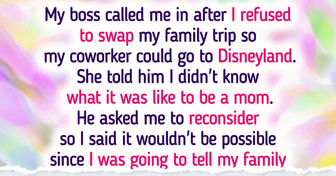
12 Family Stories With a Twist That Could Rival Any Sitcom Script

I Tried to Be the Husband My Wife Needed — She Figured Out What I Was Actually Doing
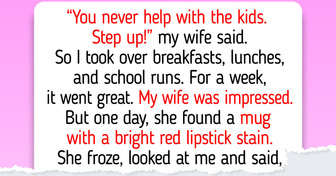
15 Quiet Acts of Kindness That Echoed Louder Than a Thunderstorm
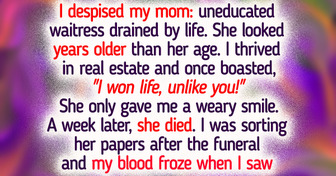
15+ Heartfelt Times When Women Proved There’s a Rainbow After Every Storm
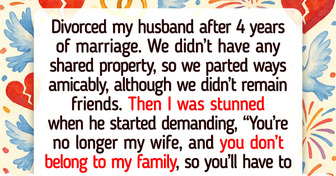
12 Moments That Remind Us Kindness Is What the World Needs Most
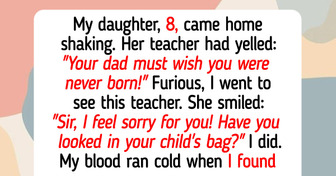
17 Stories That Prove Kindness Is the Most Beautiful Surprise Life Can Give
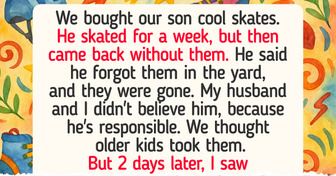
18 Stories That Prove Living in an Apartment Is Like Having a Front-Row Seat to a Comedy Show
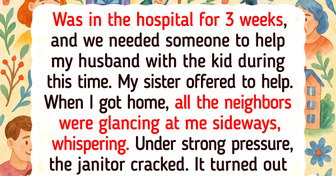
15 Stories That Prove Some People Live in a World With Totally Different Logic
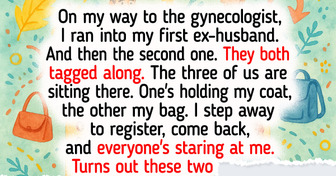
15 Acts of Kindness That Hit Different When You’re Losing Faith
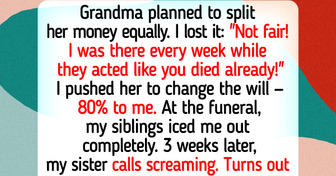
15+ People Who Just Went for a Walk and Found an Adventure
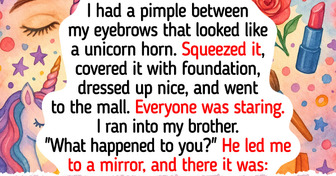
My MIL Stole My Daughter’s $50K College Fund—The Consequences Were Immediate
